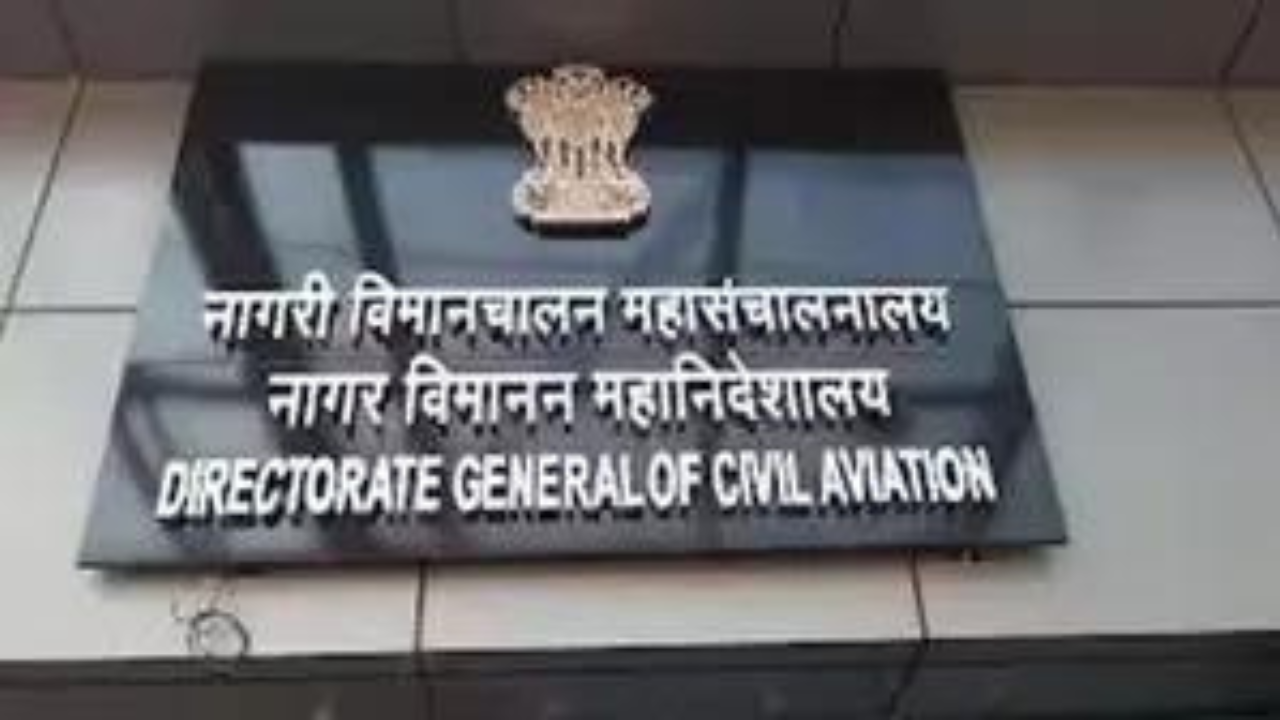India’s air travel safety record significantly improved last year: DGCA

NEW DELHI: Air travel in India last CY (2023) was a lot safer than that in the preceding two years. The Directorate General of Civil Aviation (DGCA) on Wednesday said compared to 2021 and 2022, the “number of risk-bearing airprox per million flights over Indian Airspace reduced by 25% and achieved the target (in 2023); number of GPWS/EGPWS (ground proximity warning system) warning per 10,000 departures has reduced by 92% and achieved the target.This reduces the risk of controlled flight into terrain; number of unstabilised approaches that continue to land per ten thousand approaches, has shown a continuous decreasing trend with a reduction of approximately 23% and met the target. This reduces the risk of runway excursions and abnormal runway contact.”
An airprox is the breach of minimum separation (both vertical and lateral) that two aircraft need to maintain while flying. The data was contained in DGCA’s Annual Safety Review-2023 that was released on Wednesday.
“DGCA publishes the ‘national aviation safety plan’ (NASP) identifying the national – high risk categories of occurrences (N-HRCs) in line with ICAO Global Aviation Safety Plan (GASP). The performance of NASP in terms of safety performance indicators (SPI) and safety performance targets is assessed annually and published in the form of Annual Safety Review (ASR). It presents the analysis of the aggregate safety data derived from the DGCA database and external sources such as ICAO iSTARS for the preceding year. This data driven approach ensures a firm embedding of the safety culture in the aviation growth trajectory and provides a robust process to identify emerging safety issues and continually refine existing procedures,” the statement said.
An airprox is the breach of minimum separation (both vertical and lateral) that two aircraft need to maintain while flying. The data was contained in DGCA’s Annual Safety Review-2023 that was released on Wednesday.
“DGCA publishes the ‘national aviation safety plan’ (NASP) identifying the national – high risk categories of occurrences (N-HRCs) in line with ICAO Global Aviation Safety Plan (GASP). The performance of NASP in terms of safety performance indicators (SPI) and safety performance targets is assessed annually and published in the form of Annual Safety Review (ASR). It presents the analysis of the aggregate safety data derived from the DGCA database and external sources such as ICAO iSTARS for the preceding year. This data driven approach ensures a firm embedding of the safety culture in the aviation growth trajectory and provides a robust process to identify emerging safety issues and continually refine existing procedures,” the statement said.




